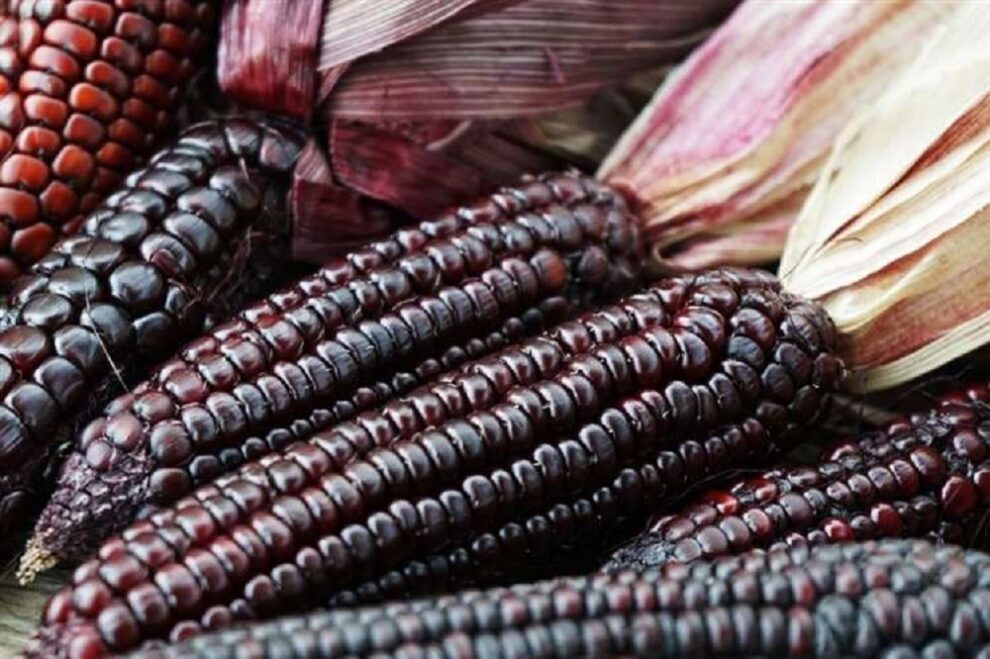The Andes has traditionally been a source of excellent food and medicinal plants and now science is turning to ancient Peruvian crops to explore their benefits in preventing/treating type 2 diabetes and boost the gut health.
Researchers at the University of Aberdeen’s Rowett institute have teamed up with a company seeking to revolutionise global nutrition through the development of scientifically advanced functional ingredients, to examine the health benefits of non-conventional crops and to develop ways of incorporating them into everyday food.
Together they have won a competitive Innovate UK grant through the Better Food For All programme to research Peruvian crops such as purple corn and yacon, which have their origins in the agricultural wonderland created by the Peruvian ancestors half a millennium ago when they cultivated a range of crops to rival today’s farmers.
West Midlands based company Perubien focuses on promoting the health benefits of these Peruvian crops to diversify UK nutrition.
From November they will work with a Rowett scientists using functional food, natural products and microbiology expertise to turn these more unusual crops into specialised ingredients and will study their systemic and microbial metabolism and health benefits.
Yacon means ‘water root’ in Quechua, a pre-Hispanic language from Peru and its tubers were historically highly valued as a wild source of thirst-quenching refreshment for travellers but in recent years it has been shown to benefit the bacteria in the intestinal tract and colon that boost the immune system and aid digestion.
Its liquid can also be drawn off and concentrated to produce yacon syrup which has the sweetness of honey or other plant-derived sweeteners like maple syrup, but without the calories.
Purple corn contains compounds with antioxidant and anti-inflammatory properties, important for those with or at risk of developing type 2 diabetes.
The project will focus on incorporating yacon and purple corn specialised ingredients into palatable food prototypes and new food products which will enable specialised food and drink manufacturers to develop new innovative foods.
There is a growing awareness of the link between diet and type 2 diabetes.
Without intervention, 5.5 million people in the UK along could be living with diabetes by 2030. At the same time, a diverse diet is paramount to maintain a diverse and healthy gut microbiota, and there is an increased awareness among people to eat foods which promote the health of the gut.
This strategic collaboration aims to help people incorporate these rising stars into specialised nutritional therapies and via the diversified ingredients market into their everyday diets by transforming them into more everyday products.
“It has considerable experience in functional food formulation and unique expertise in gut microbiome research; they were the obvious partner for this research.”
“Of course, there are studies that recognise the health benefits of non-conventional fruit and vegetables but there is a lack of effective development of functional ingredients designed to prevent specific diseases and be part of nutritional therapies.”
Madalina Neacsu, Senior Research Fellow at the Rowett Institute has vast experience on functional food development in both academia and industry contributing to the compilation of dossiers for successful ESFA-approved health claims, to patenting and licencing technologies for functional ingredients and fair-trade nutraceuticals.
She said: “Developing functional food ingredients is a tool used to translate key findings from human studies into tangible solutions as part of specialised nutritional therapies to tackle non communicable diseases such as type 2 diabetes and to promote a healthy gut.
“Furthermore, for the food reformulation in the project we will engage a zero-waste approach, contributing to a circular nutrition, a greener economy and improved sustainable health.”
Source : Grampian Online











